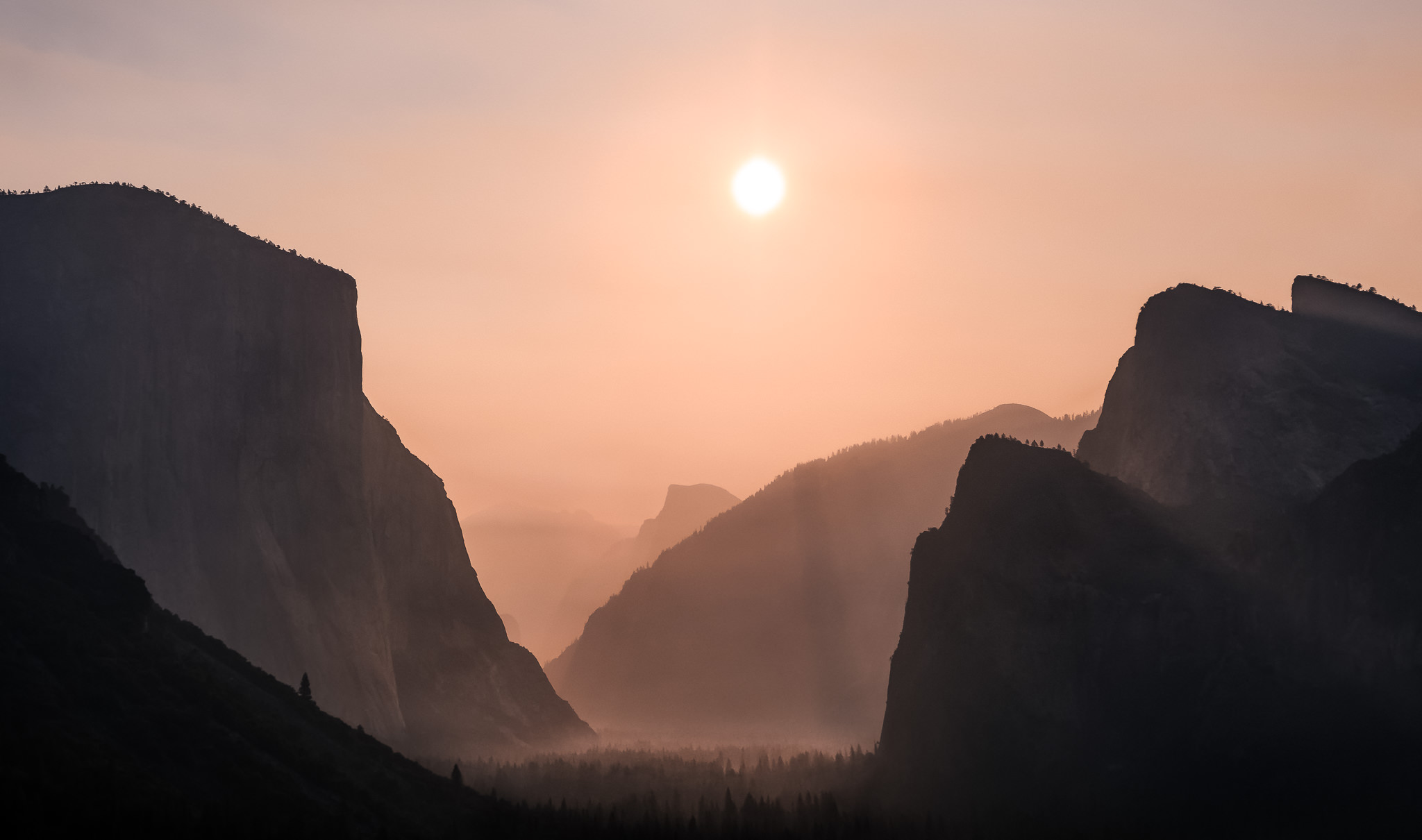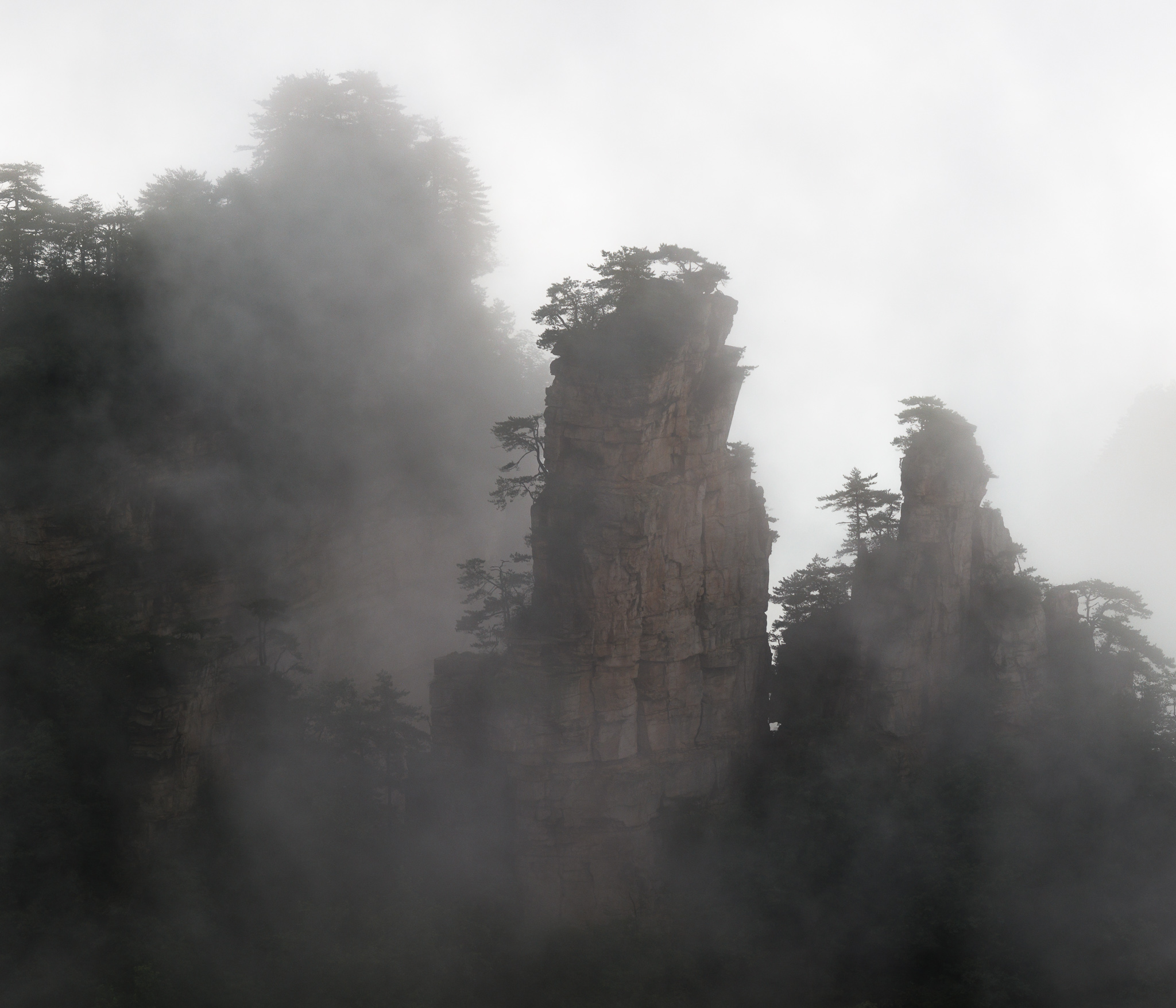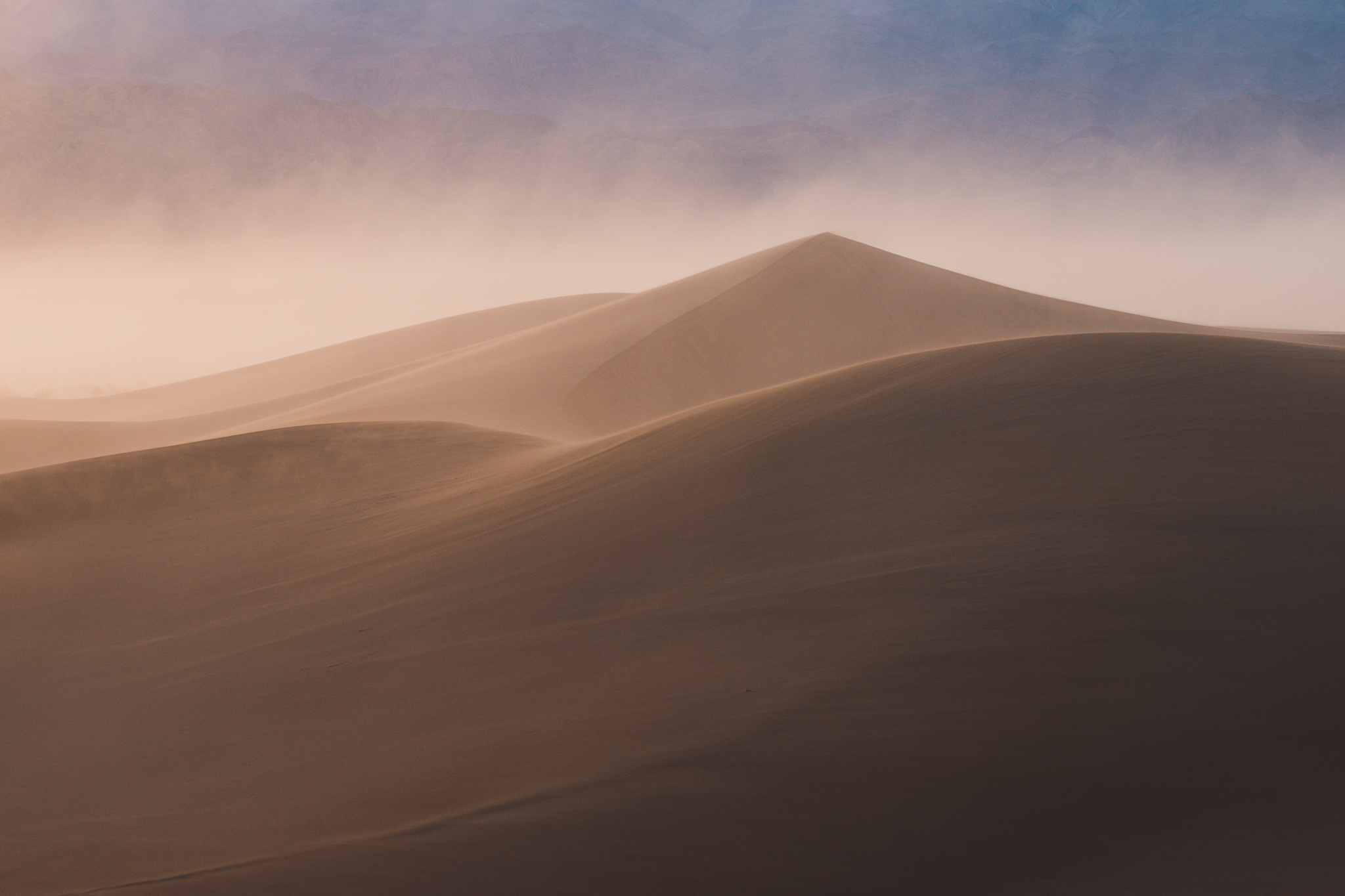Bob k.
Active member
The question that I have for the group is, how do you critique your own work? Do you have a formal process with a series of specific things you look for or questions you ask about each photo or is it an informal process where you just look at the pictures and know which ones to cull and which ones have enough potential to merit more work? My process is informal and I think I would benefit from a more structured approach.
As a starting point, I recently listen to episode 313 of the Beginning Photography Podcast and the author described the critique process he uses to evaluate his own work. He said that he asks these four questions:
As a starting point, I recently listen to episode 313 of the Beginning Photography Podcast and the author described the critique process he uses to evaluate his own work. He said that he asks these four questions:
- Is this a good moment?
- Where does my eye go (when I look at the photo)?
- Does the composition lend itself to the image?
- Does this photo need any editing to fix mistakes in camera settings?







